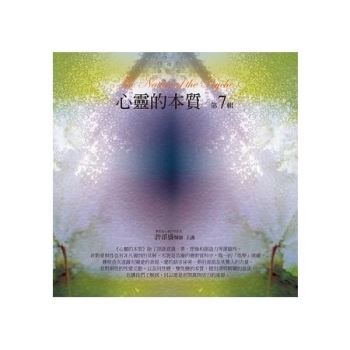Diversity characterises internal dynamics and external relations of all religious groups in their different dimensions: texts - in their origins, exegesis, hermeneutics, critical editions; cults - in their anthropology, aesthetics, adaptations; norms - in their sources, implementation, collection; doctrines - with their languages, narratives, transmissions; practices - in their motivation, evolution, connection or antagonism with other societal actors. A complex system with multiple variants which finds its most visible reasons and outcomes in the way societies transform and represent it into their political, juridical, social systems, but also in the ways that the faith communities generate dialogue or conflict within themselves and towards other communities (religious and non-religious).
The four lectures here presented offer insights on some of these outcomes: the power balances between majoritarian, privileged communities and minoritarian, discriminated ones; the role of religious education for today’s European society; the challenges faced by academia in understanding change in religion and theology; the chances that religions may offer in supporting agency and resilience for refugees.












